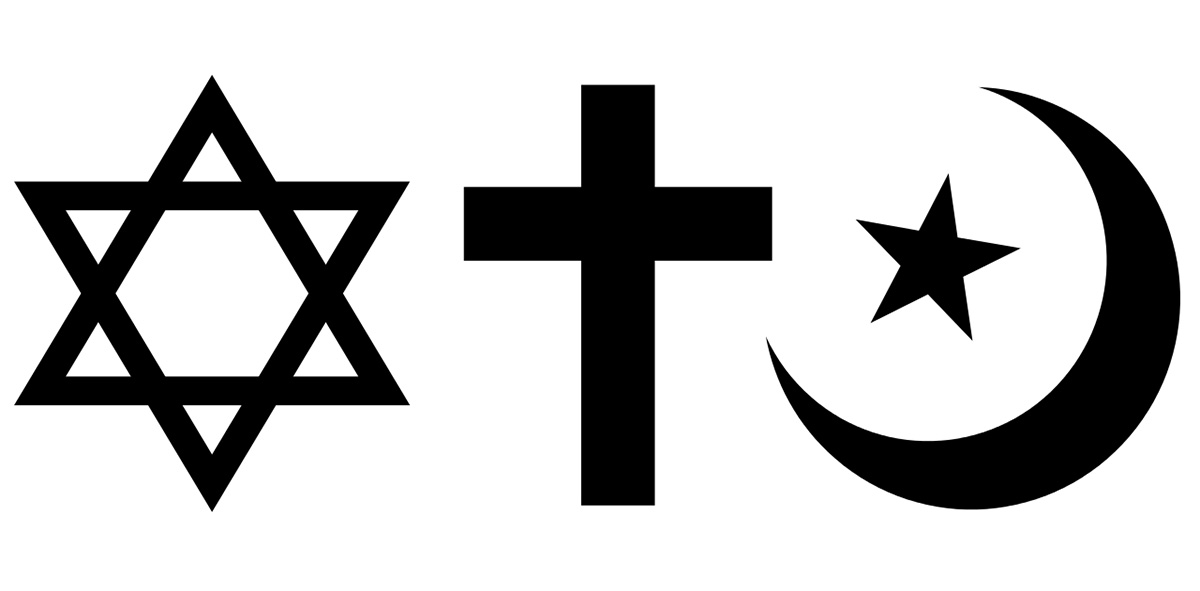
The coronavirus COVID-19 pandemic has been difficult for people of faith who are accustomed to gathering with their congregations in fellowship and worship. Stay-at-home orders across the country are helping to save lives, but it is forcing adherents to avoid fellowship during some of the most important times of the year for people of all faiths.
As churches, synagogues, temples and mosques remain closed, religious leaders are working to connect to their communities in safe, responsible ways that do not include gathering in person. Technology has proven useful for Palm Sunday and the beginning of Passover and it is important people continue to use technology to observe Easter and Ramadan as well, rather than risking community exchange of the deadly virus.
Listen to an NPR feature with religious leaders who are dealing with the brunt of the pandemic:
This is not easy, however we are in unprecedented times because of the pandemic and must work together to prevent community spread. It will take all of us working together to get through this crisis, and we must follow guidance from public health officials and stay home.
Here is guide issued by the Commonwealth of Pennsylvania, helping provide clear guidance and direction in response to coronavirus COVID-19. The residents of Philadelphia and its suburbs have been ordered to remain at home as to help prevent spread of coronavirus, find out what that means for you.
Montgomery County is doing the same.
Here are some reminders about preventing spread of the disease:
Best practices to plan, prepare for and respond to the coronavirus COVID-19, according to the Centers for Disease Control.
What are the symptoms of coronavirus?
Symptoms of the COVID-19 can include:
- Fever
- Cough
- Shortness of breath
The symptoms may appear in as few as two days or as long as 14 days after exposure. Reported illnesses have ranged from people with little to no symptoms to people being severely ill and dying.
What to do if you think you have coronavirus COVID-19, according to the CDC:
- Stay home except to get medical care
- Separate yourself from other people and animals in your home
- Call ahead before visiting your doctor
- Wear a facemask if you are sick
- Cover your coughs and sneezes
- Clean your hands often
- Avoid sharing personal household items
- Clean all “high-touch” surfaces everyday
For more details on what to do prevent coronavirus COVID-19 spread, visit the CDCs full list of recommendations.
Read more: CDC recommendations on getting tested for coronavirus

